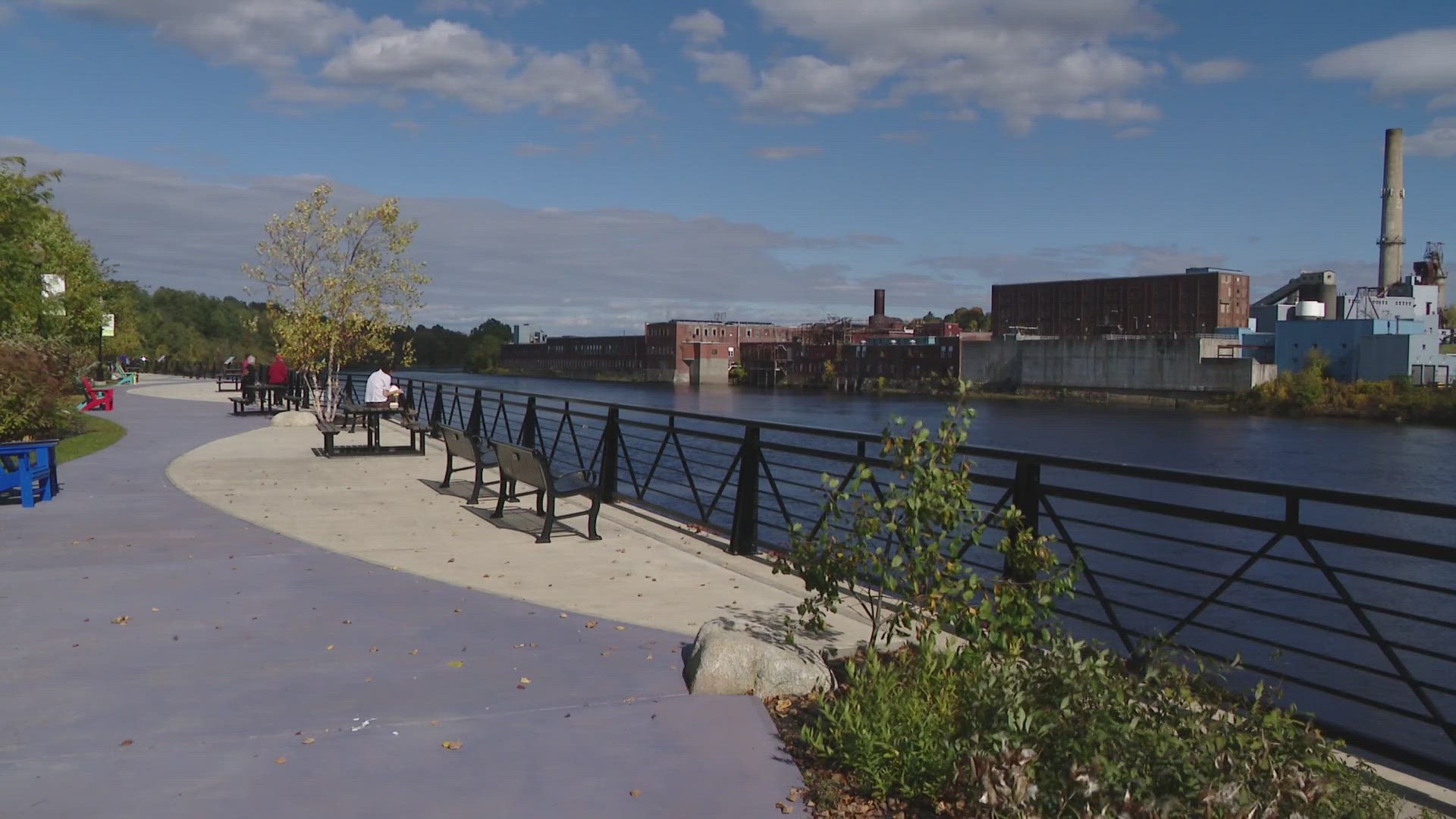WATERVILLE, Maine — Municipal leaders from all corners of the state met in Waterville Thursday for the Grow Smart Maine Summit to discuss how to better invest in Maine's future towns and cities.
Hosted by the nonprofit of the same name, the annual event focuses on helping civic leaders and local organizations to better enhance their corners of the state to "advance community resilience."
This year's discussion centered around the growing public health crisis of loneliness, and how investing in community spaces or events can help alleviate that.
"We are our communities, and if we want them to be healthy, we want them to be sustainable, we have to put the effort into understanding what that means," health practitioner Jeremy Nobel M.D. said, who was one of the event's keynote speakers.
"Not only does it make people feel more connected, but businesses thrive, [when] there is more social engagement," Nobel added.
To help, keynote speakers say by reevaluating current assets like waterfront properties or green spaces, they can then be transformed into something like a park, boardwalk, or other kind of gathering space...but it's not a one-size-fits-all solution.
"We as community leaders and volunteers and elected officials need to find ways to connect with our residents and our citizens to find what they care most about and make sure that we're offering those sorts of things," keynote speaker Jane Lafleur said.
Later on in the day, communities presented their own smart growth projects, and folks were able to experience walking tours around downtown Waterville for real-time examples of community spaces.
To help municipalities get started, a $300,000 grant funded by the U.S. Department of Agriculture was announced to go towards ten Maine towns, a part of Grow Smart Maine's Community Strength Project.
"This is a really great example of people's tax dollars coming right back to work in their communities," USDA State Director Rhiannon Hampson said. "We want to be able to hold onto those cultural touchstones that we have in each one of our rural places, and also build on that."

